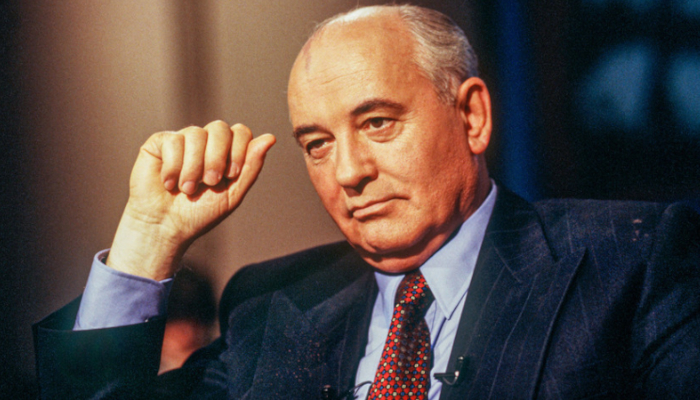Mikhail Gorbachev, who changed the course of history by triggering the demise of the Soviet Union and was one of the great figures of the 20th centry, has died in Moscow aged 91.
His death was announced on Tuesday by Russian news agencies, who said Gorbachev had died at a central hospital in Moscow “after a serious and long illness”.
Gorbachev, in power between 1985 and 1991, helped bring US-Soviet relations out of a deep freeze and was the last surviving Cold War leader.
His life was one of the most influential of his times, and his reforms as Soviet leader transformed his country and allowed Eastern Europe to free itself from Soviet rule.
The changes he set in motion saw him lionised in the West — he won the Nobel Peace Prize in 1990 — but also earned him the scorn of many Russians who lamented the end of their country’s role as a global superpower.
He spent much of the past two decades on the political periphery, intermittently calling for the Kremlin and the White House to mend ties as tensions soared to Cold War levels after Russia annexed Crimea in 2014 and launched an offensive in Ukraine earlier this year.

